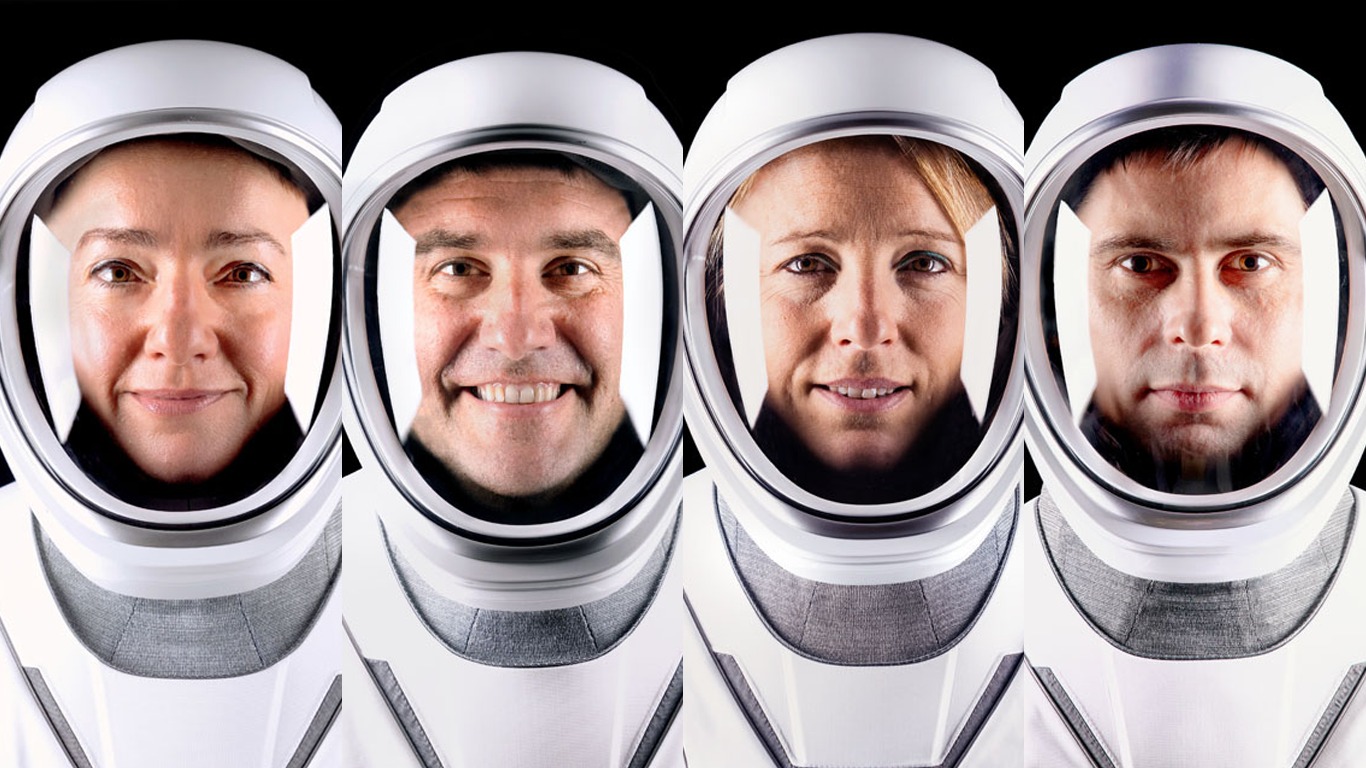Scientist: Keep Mars Pristine
The two Viking landers that went to Mars in the 1970s were heat-sterilized to prevent contaminating the red planet with any Earth microbes. Since then, procedures have been relaxed because of the presumably inhospitable conditions on Mars.
But in a policy forum article in the journal Science this week, Christopher McKay of NASA's Ames Research Center argues for tougher restrictions.
If life is ever found to exist on Mars, one question will then be if it is related to life on Earth (one theory holds that life might have been transported from Mars to Earth, or vice-versa, in a meteor) or if it is the result of a second genesis.
"Contamination by even one Earth bacterium may be a serious issue of environmental ethics," McKay contends.
Therefore any future exploration to other planets should be "biologically reversible," so that any microbes that have hitchhiked from Earth can be removed, he writes. Any hitchhiking organisms exposed to the martian environment are killed in minutes by natural solar radiation, McKay points out (Mars does not have a thick atmosphere or a magnetic field to offer the protection enjoyed by life on Earth). But microbes protected from the sun could survive, in theory, for long periods in a dormant state.
For probes that have already landed on Mars, retroactive sterilization means recovering the spacecraft parts and exposing any contaminated dirt to the sterilizing effects of ultraviolet sunlight.
But if future robotic or human explorers drill into a subsurface aquifer or establish bases inside caves on Mars, then any components that go underground should be rigorously sterilized, McKay writes.
Breaking space news, the latest updates on rocket launches, skywatching events and more!
This year, the international Committee on Space Research (COSPAR) and other organizations will be convening a meeting to discuss the ethical implications of exploring Mars. COSPAR's current planetary protection policy involves not contaminating other worlds in a way that would jeopardize the conduct of future scientific investigations, and it includes the notion of regions on Mars that would require special protection from biocontamination.
McKay proposes that COSPAR adopt a policy of biologically reversible exploration at their upcoming meeting.
- Top 10 Unexplained Phenomena
- Eight-Legged Space Survivor Gives 'Panspermia' New Life
- Wild Things: The Most Extreme Creatures

Space.com is the premier source of space exploration, innovation and astronomy news, chronicling (and celebrating) humanity's ongoing expansion across the final frontier. Originally founded in 1999, Space.com is, and always has been, the passion of writers and editors who are space fans and also trained journalists. Our current news team consists of Editor-in-Chief Tariq Malik; Editor Hanneke Weitering, Senior Space Writer Mike Wall; Senior Writer Meghan Bartels; Senior Writer Chelsea Gohd, Senior Writer Tereza Pultarova and Staff Writer Alexander Cox, focusing on e-commerce. Senior Producer Steve Spaleta oversees our space videos, with Diana Whitcroft as our Social Media Editor.
